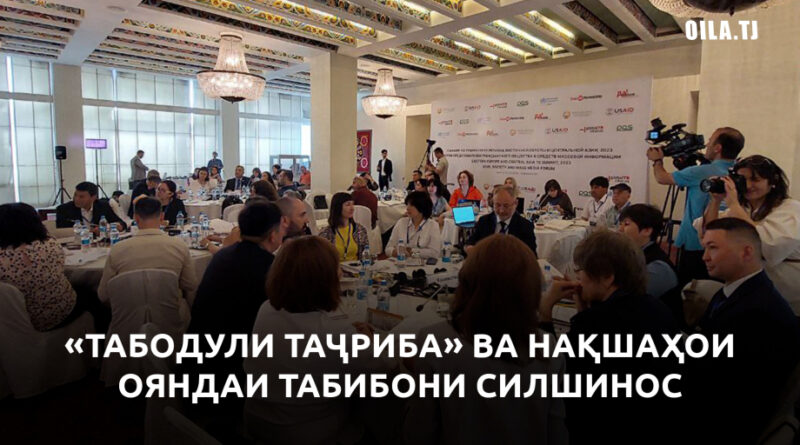“Exchange of experience” and plans for the future of TB doctors
We have gone through a difficult time during the pandemic. Despite all the difficulties, we have managed to successfully combat tuberculosis. The Ministry of Health has played a significant role in this fight. However, it would not have been possible to achieve the desired results without the dedication and support of doctors, nurses, journalists, and tuberculosis specialists.
James Malar, a partner of the Stop TB project based in Geneva, emphasized this important point during the preparations for the United Nations High-Level Meeting on Tuberculosis, which was held today, May 16th, at the Sirena Hotel in Dushanbe.
The issue of tuberculosis is significant not only in our country but also globally. In this context, efforts are being made to address this issue.
Safarali Naimov is a remarkable individual who, despite facing illness, managed to overcome it and make an impact on the lives of others. He contracted tuberculosis while caring for his two brothers, who unfortunately passed away due to the illness. Despite this tragedy,
Safarali refused to give up and instead, he founded the Association “Cooperation to Combat Tuberculosis in Tajikistan” (Stop TB) and became its chairman.
The organization’s main goal is to provide timely identification, diagnosis, and treatment for tuberculosis patients.
Safarali has been actively involved in this mission and has shared his expertise and innovations in healthcare with others. He expressed his satisfaction with the progress being made in the healthcare sector and the efforts of the Ministry of Health and its partners to reduce the number of tuberculosis cases in the country.
From May 16-18, the Ministry of Health and Social Protection of Population of Tajikistan, in collaboration with the USAID Central Asia Project and the PAS Center for Health Policy and Research, will host two additional events.
This significant event was attended by representatives from various state and public organizations, as well as associations of people affected by tuberculosis, public groups, religious organizations, trade unions, foundations, and journalists and bloggers from Central Asia (Kazakhstan, Kyrgyzstan, Tajikistan, Turkmenistan and Uzbekistan) and Eastern Europe (Ukraine, Moldova, and Georgia). In total, approximately one hundred people gathered to discuss regional and global objectives ahead of the high-level meeting on tuberculosis at the UN General Assembly, which will take place in September 2023.








